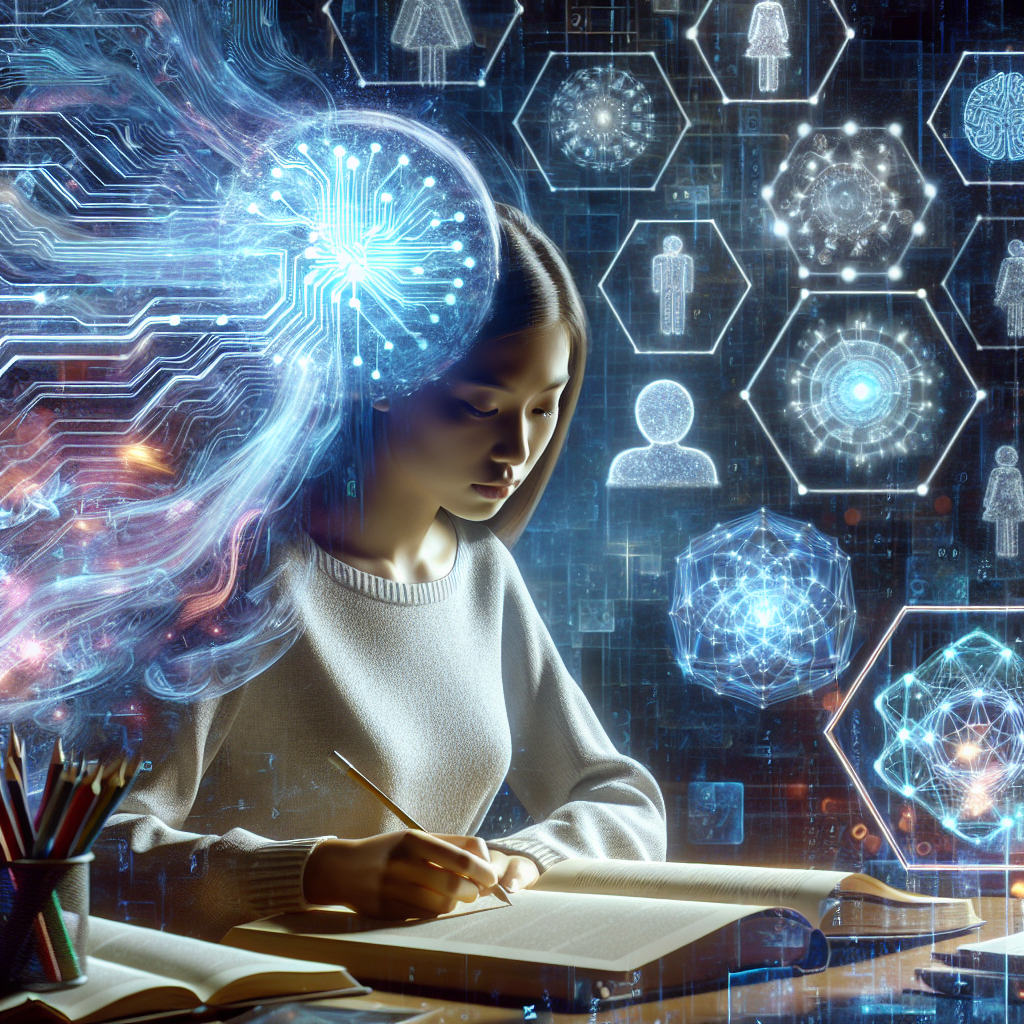Artificial Intelligence (AI) has become increasingly prevalent in various aspects of our daily lives, including education. With the rapid advancements in technology, AI has the potential to revolutionize the way students learn and interact with educational content. One area where AI is having a significant impact is on student motivation. In this article, we will explore the various ways in which AI is influencing student motivation and how it is changing the landscape of education.
One of the primary ways in which AI is impacting student motivation is through personalized learning experiences. AI-powered educational platforms can analyze a student’s learning patterns, strengths, and weaknesses to create personalized learning plans that cater to their individual needs. By providing students with content that is tailored to their specific learning styles and preferences, AI can help to keep students engaged and motivated to learn.
AI-powered educational platforms can also provide real-time feedback to students, helping them to track their progress and understand where they need to improve. This instant feedback can be highly motivating for students, as it allows them to see the results of their efforts in real-time and make adjustments accordingly. By providing students with immediate feedback, AI can help to keep them motivated and on track towards their learning goals.
Another way in which AI is impacting student motivation is through gamification. Many AI-powered educational platforms incorporate game-like elements, such as badges, points, and leaderboards, to make learning more engaging and interactive. By turning learning into a game, AI can make the educational experience more enjoyable for students, motivating them to continue learning and progressing through their studies.
Additionally, AI can help to create a more inclusive learning environment by providing students with access to a wide range of educational resources and materials. AI-powered platforms can recommend relevant content to students based on their interests and learning goals, helping them to explore new topics and expand their knowledge. By providing students with access to a diverse range of educational materials, AI can help to keep them motivated and engaged in their learning.
Furthermore, AI can help to enhance collaboration and communication among students. AI-powered platforms can facilitate group projects and collaborative learning experiences, enabling students to work together on assignments and share ideas. By fostering a sense of community and collaboration, AI can help to keep students motivated and engaged in their studies.
Despite the many benefits of AI in education, there are also some potential drawbacks to consider. One concern is the potential for AI to replace human teachers and diminish the personal connection between students and educators. While AI can provide personalized learning experiences and instant feedback, it may not be able to fully replace the guidance and support that human teachers can offer.
Additionally, there are concerns about the potential for AI to perpetuate inequalities in education. AI-powered platforms may not be accessible to all students, particularly those in underserved communities or with limited access to technology. It is important to ensure that AI is implemented in a way that is equitable and inclusive, so that all students have the opportunity to benefit from its capabilities.
In conclusion, AI is having a significant impact on student motivation in education. By providing personalized learning experiences, real-time feedback, gamification, and access to a wide range of educational resources, AI can help to keep students engaged and motivated in their studies. However, it is important to consider the potential drawbacks of AI in education and to ensure that it is implemented in a way that is equitable and inclusive. With careful planning and consideration, AI has the potential to revolutionize the way students learn and interact with educational content, ultimately leading to improved student motivation and academic success.
FAQs:
Q: How does AI personalize learning experiences for students?
A: AI analyzes a student’s learning patterns, strengths, and weaknesses to create personalized learning plans that cater to their individual needs.
Q: How does AI provide real-time feedback to students?
A: AI-powered educational platforms provide instant feedback to students, helping them to track their progress and understand where they need to improve.
Q: How does AI incorporate gamification into the educational experience?
A: AI-powered educational platforms incorporate game-like elements, such as badges, points, and leaderboards, to make learning more engaging and interactive.
Q: What are some potential drawbacks of AI in education?
A: Some potential drawbacks of AI in education include the potential for AI to replace human teachers and diminish the personal connection between students and educators, as well as concerns about the potential for AI to perpetuate inequalities in education.

